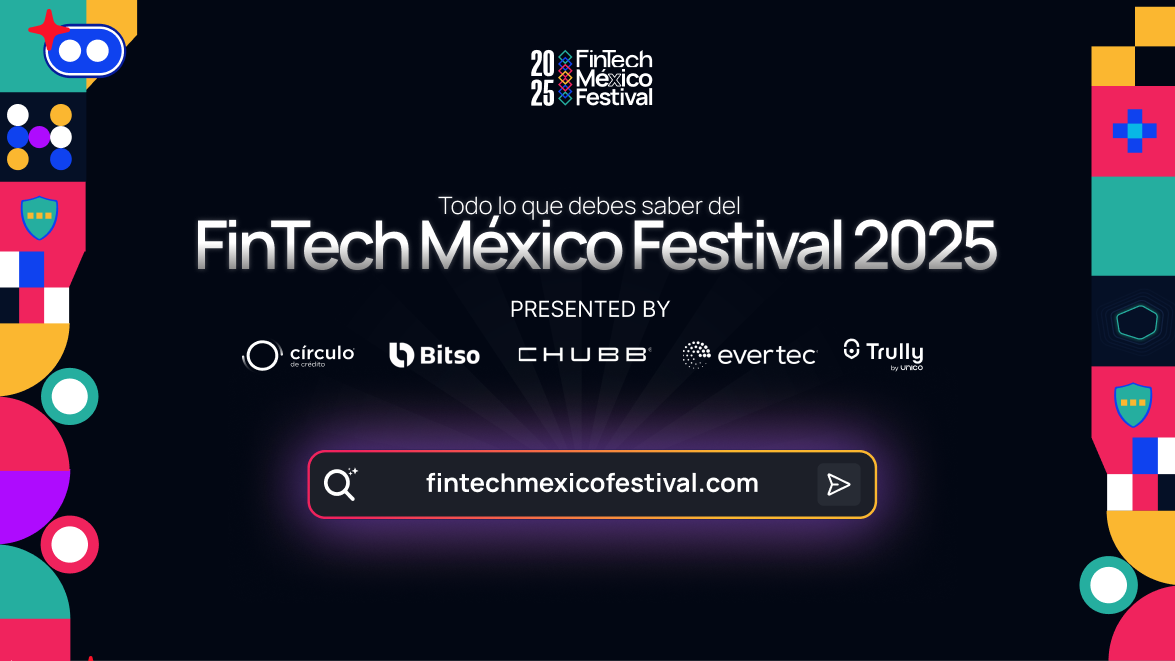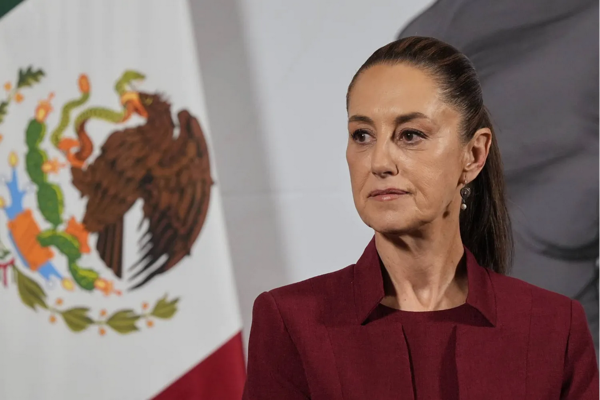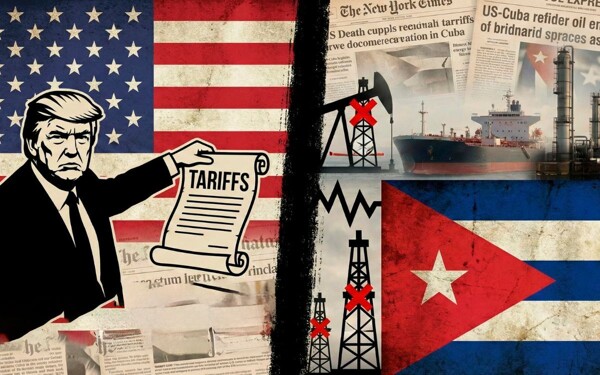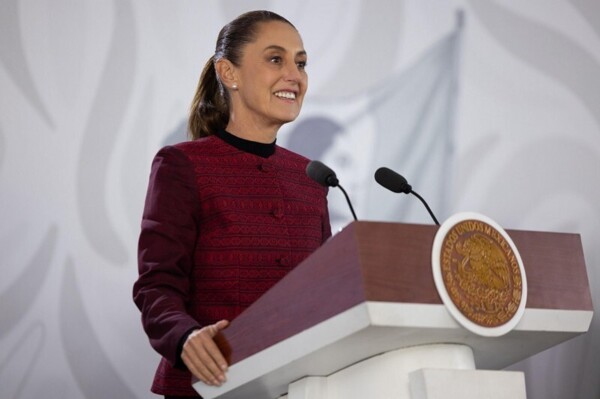
The Fintech Mexico Festival 2025 was recently held, addressing fundamental topics such as innovation, regulation, and business models in the financial technology sector. During the event, the impact of fintech on the Mexican economy was highlighted, as well as the accelerated growth of digital banking in the country.
One of the main conclusions of the festival was the notable growth of the Mexican fintech ecosystem since the approval of the Fintech Law in 2018. This expansion attracted interest from investors and companies from various parts of the world, such as Argentina, Brazil, Colombia, India, and the United Kingdom, solidifying Mexico as a hub of financial innovation in the region.
In his closing statements, Felipe Vallejo, president of Fintech Mexico and CEO of Bitso, emphasized the fintech industry's preparedness to adapt to regulatory and commercial changes, highlighting its flexibility amid the sector's transformation.
One of the most notable trends mentioned during the event was the "rate war,” where fintechs offer higher yields on savings products compared to traditional banks. Additionally, significant growth in cross-border payments and the digitization of international trade was observed, with the adoption of stablecoins and blockchain solutions to optimize global transactions.
Another central topic of the Fintech Mexico Festival 2025 was artificial intelligence and its application in financial services. It was highlighted that the number of savers in digital instruments has doubled in the last three years, reaching 12 million users, according to data presented at the event.
The impact of fintech on the remittance sector was also addressed, highlighting advances in digital cross-border payments. Despite challenges such as uncertainty generated by protectionist policies, interest in creating new fintechs continues to rise in the country.
The Fintech Mexico Festival 2025 succeeded in gathering more than 3,000 attendees, including leaders from the financial, technological, and regulatory sectors of Latin America, India, and the United States, solidifying its position as the most relevant fintech event in the region. Among the critical topics discussed were the impact of U.S. trade policy on the digital financial sector, as well as challenges related to cybersecurity and transparency in algorithmic models.














